Problem Statement
It’s becoming more and more popular to teach programming skills to kids, and I think that’s a good thing. If a child is able to divide a problem into smaller problems, he/she might develop the skill to look at problems more analytically. Also, having to deal with those problems through a formal language might teach them a way to communicate with others on those problems. Codeweek was part of Cinekid in which we were going to teach the principles of programming to 10 children in the age group of 9-14 in one live session of 3 hours.
General Game
In order to keep the group entertained, I decided to not letting them sit behind a computer, but to let them actively participate in a live, physical game. I chose not to let the children write code, but instead let them use building blocks to produce a script, like in Scratch, Project Spark or Lego Mindstorms. This game was loosely based on the boardgame RoboRally. Each player had to ‘write’ a script in order to move its robot through a grid with obstacles. Moving a robot to some specific spots on the grid would earn the player points. Later I introduced shooting and shielding for more player interaction. Me and another game designer would serve as interpreter for their script. Near the end of the session, the kids programmed asynchronous if-then statements and they would anticipate to actions of other robots.
Specific Game Design Choices
With 10 children signed up for a 3 hour session, you have to do something active, so taking the game offline was a good choice. The lay-out of the grid was a tricky one. We wanted to stimulate interaction, like pushing and shooting, but not too much. If a robot gets pushed, it thinks it is somewhere else than it script would think it is, so the rest of the written script would be worthless. To overcome this, we let the players start with a maximum of three lines of code per round, so the effects of pushing would be less severe. Later, the lines would go up to five per round, in order to make the children plan ahead and see what it is to think like a programmer.
Reception
While planning the sessions, there was a lot more demand than expected. The kids told us really enjoyed the sessions, but also the parents were very pleased.



